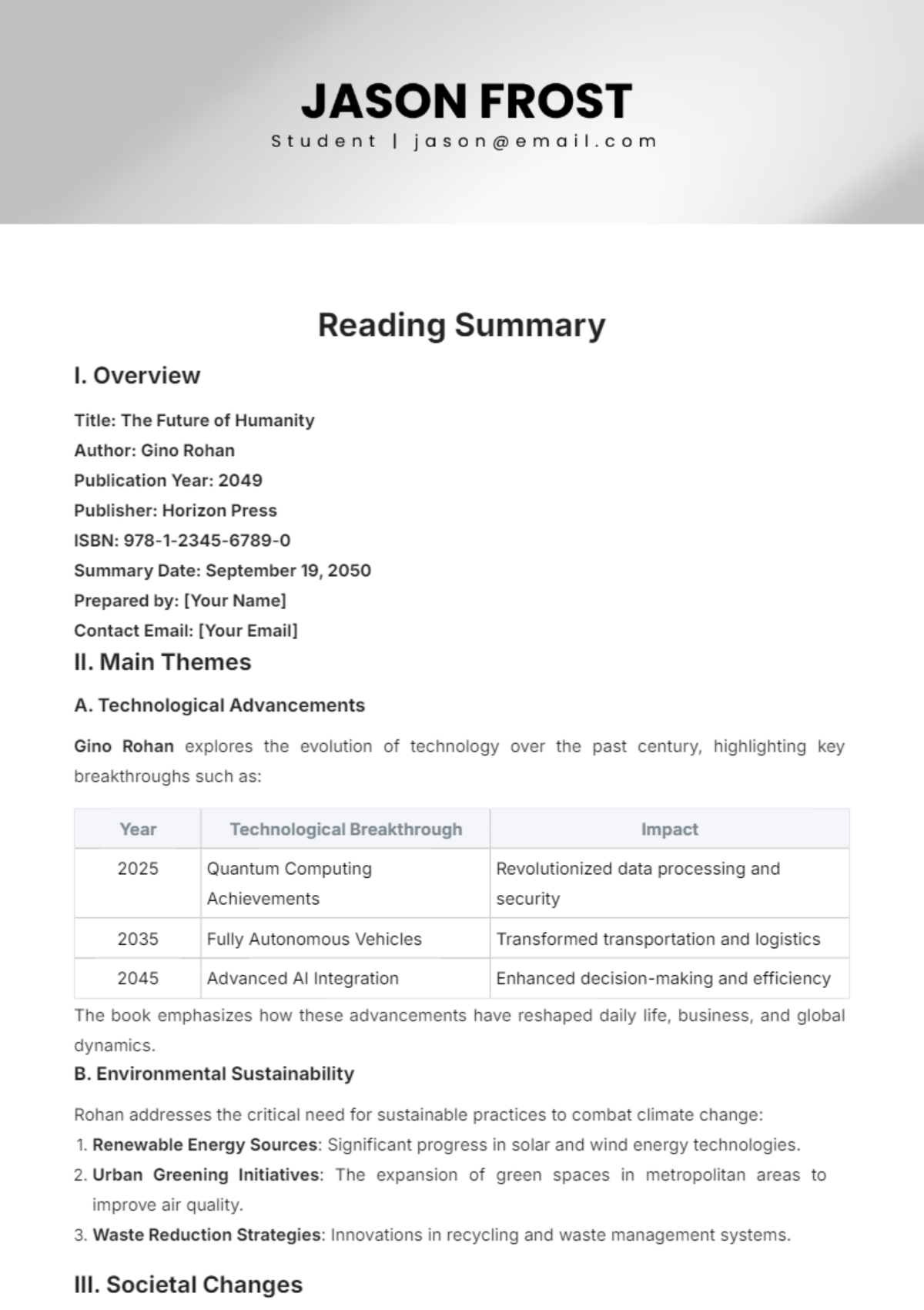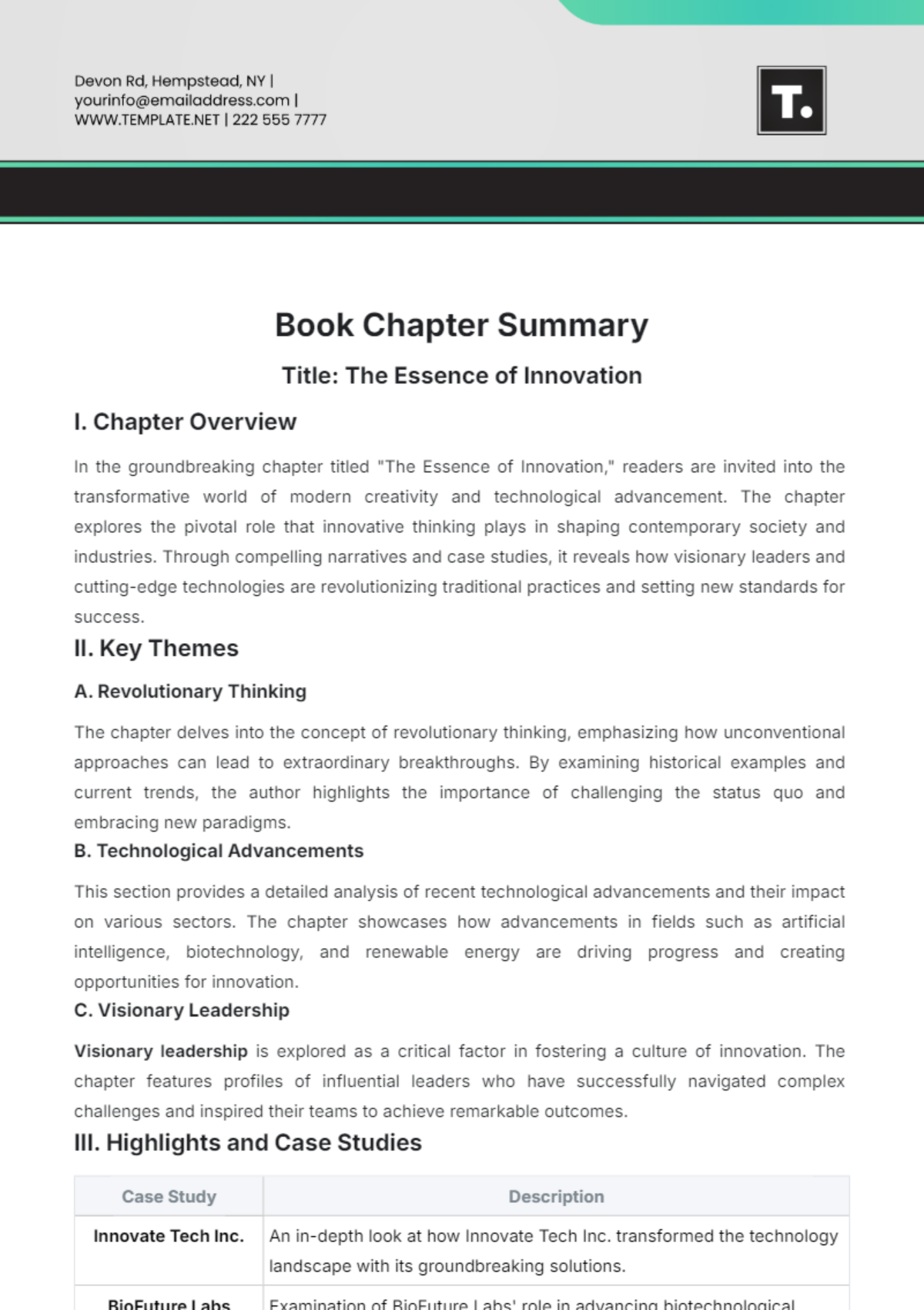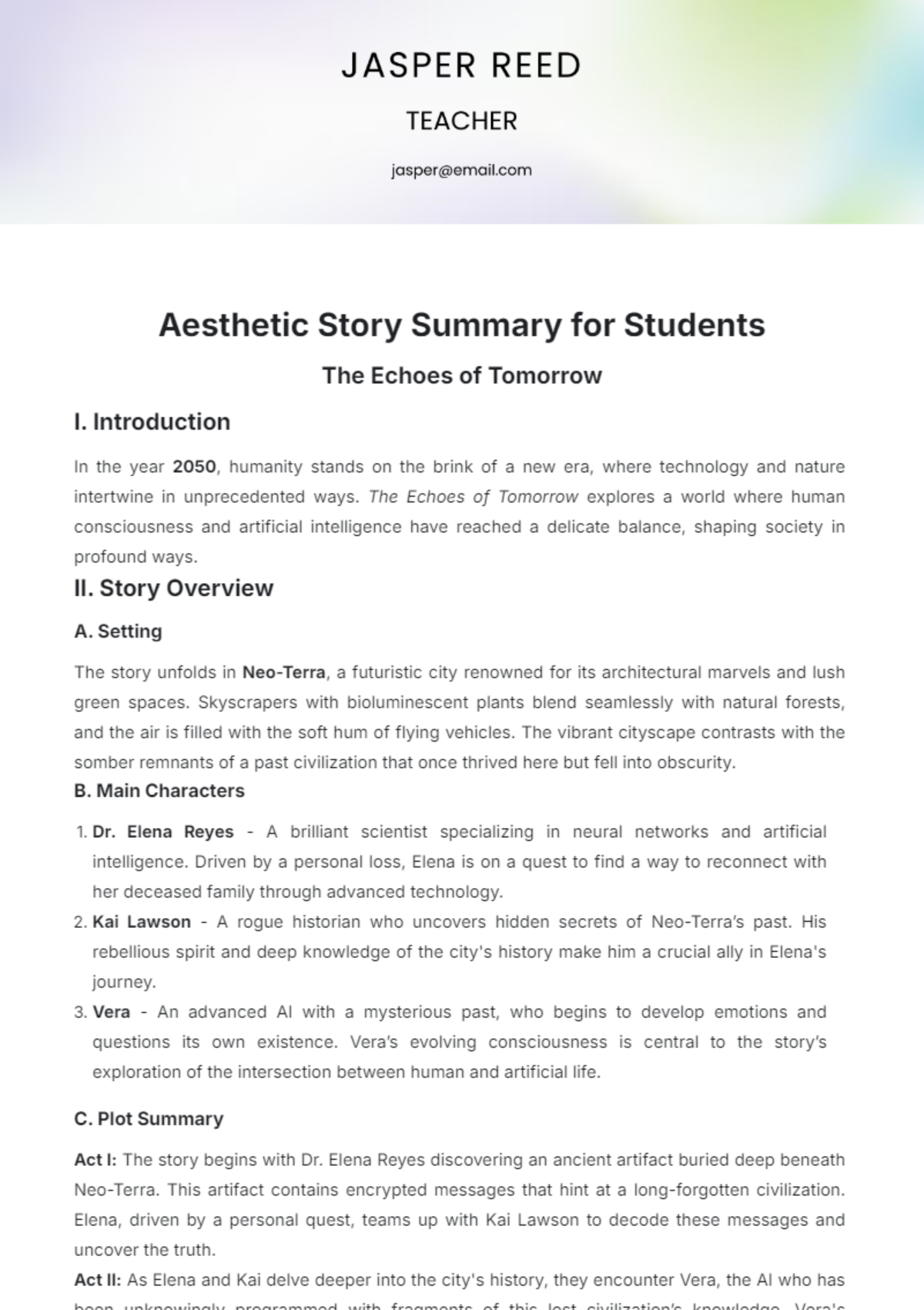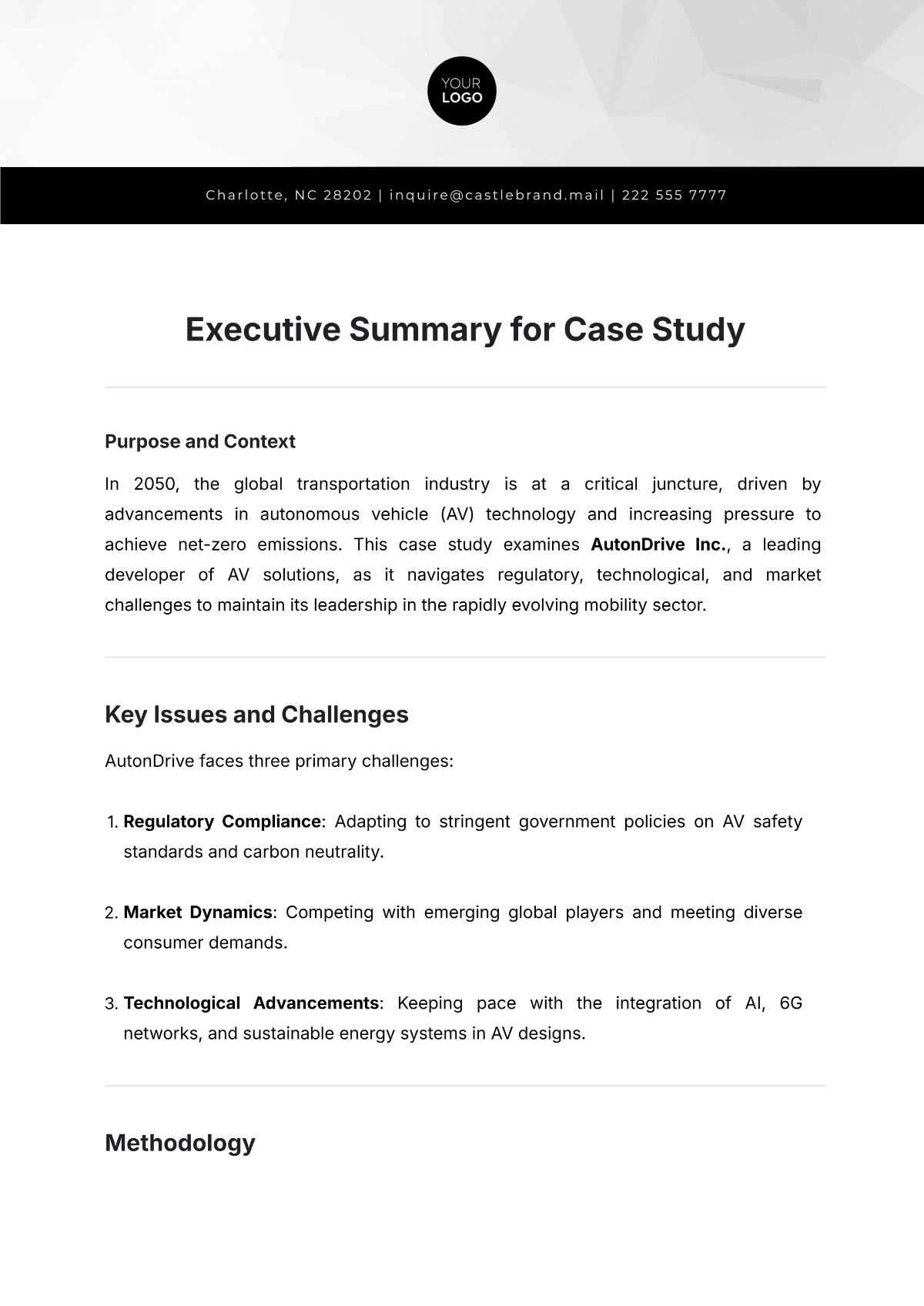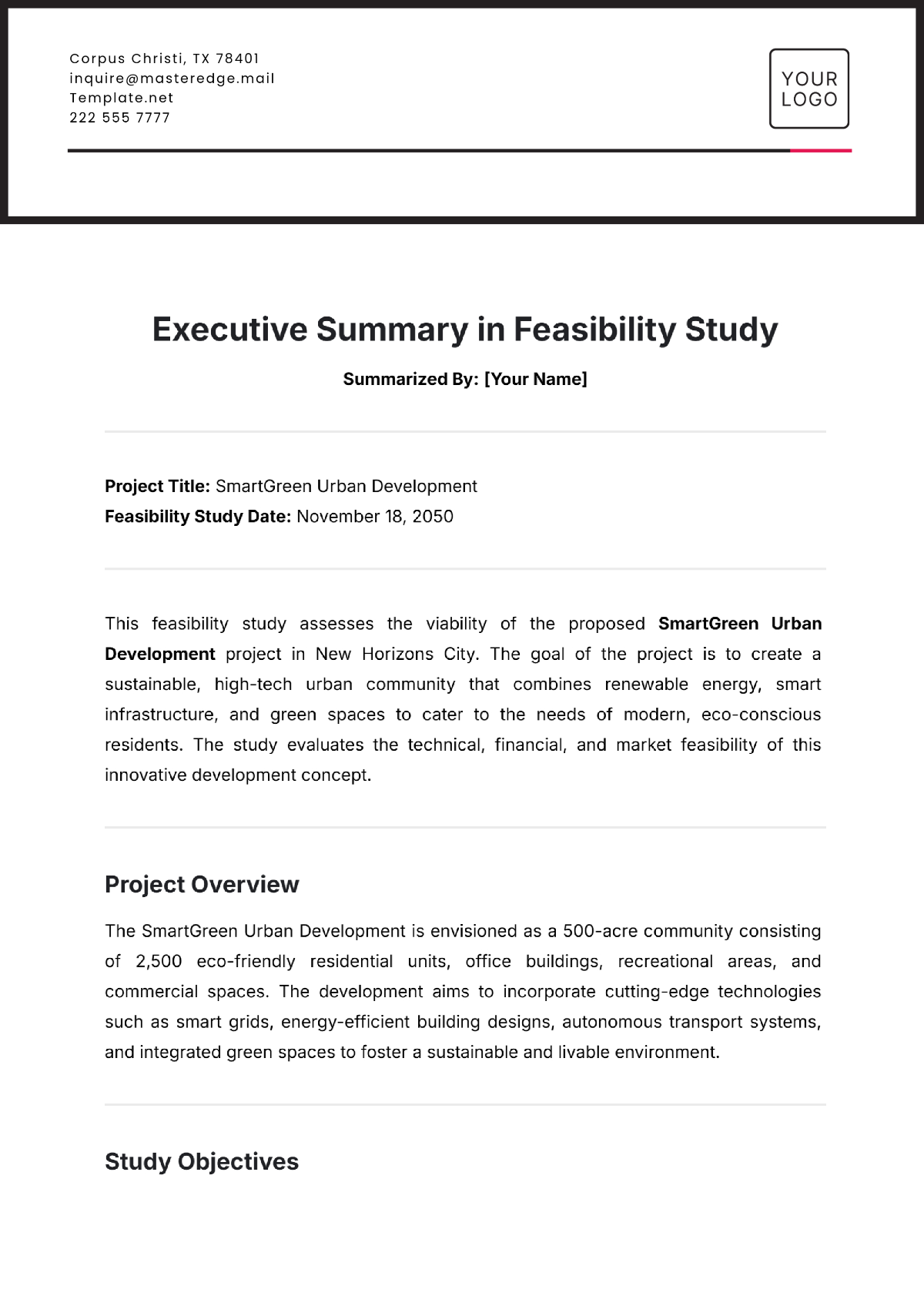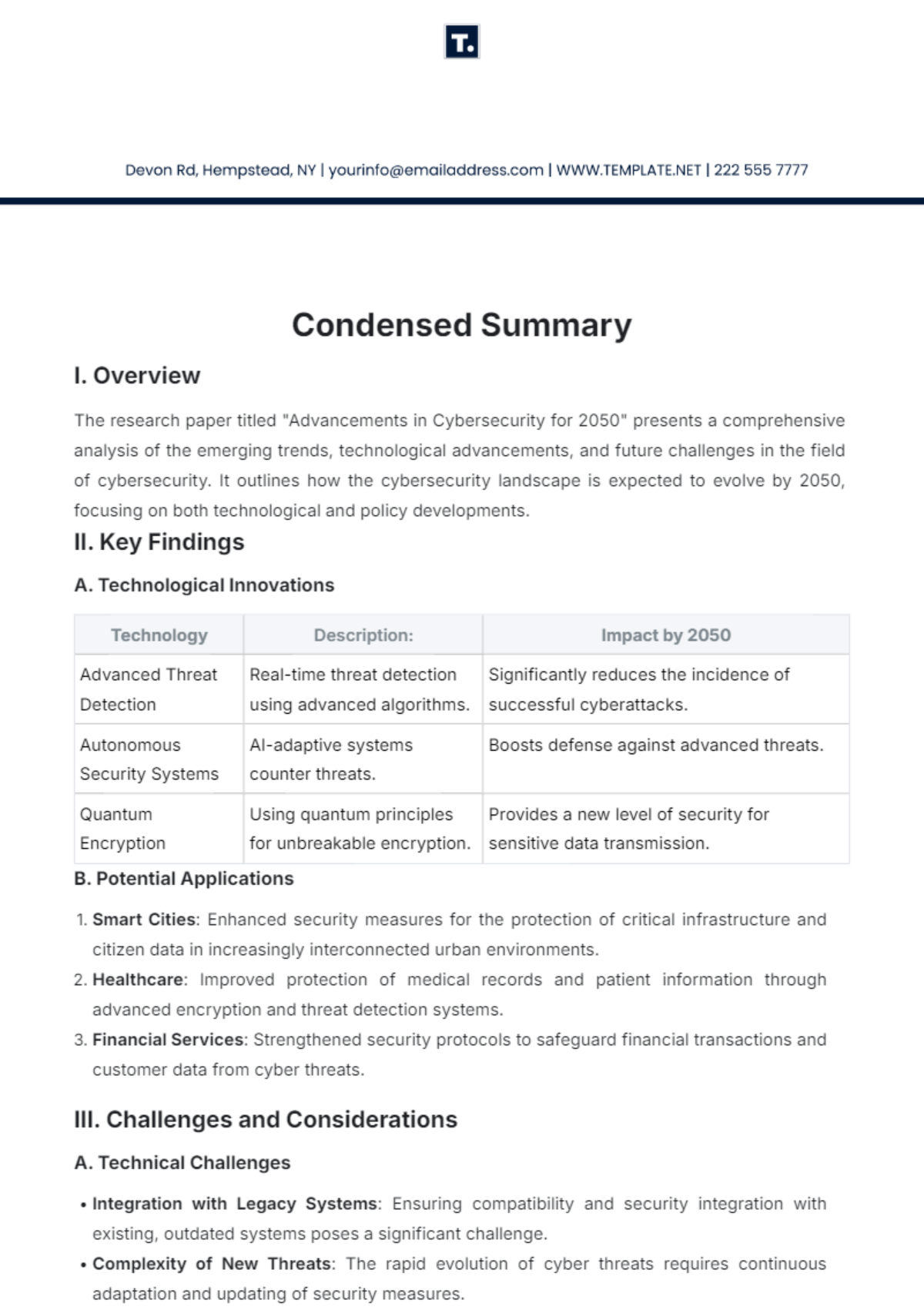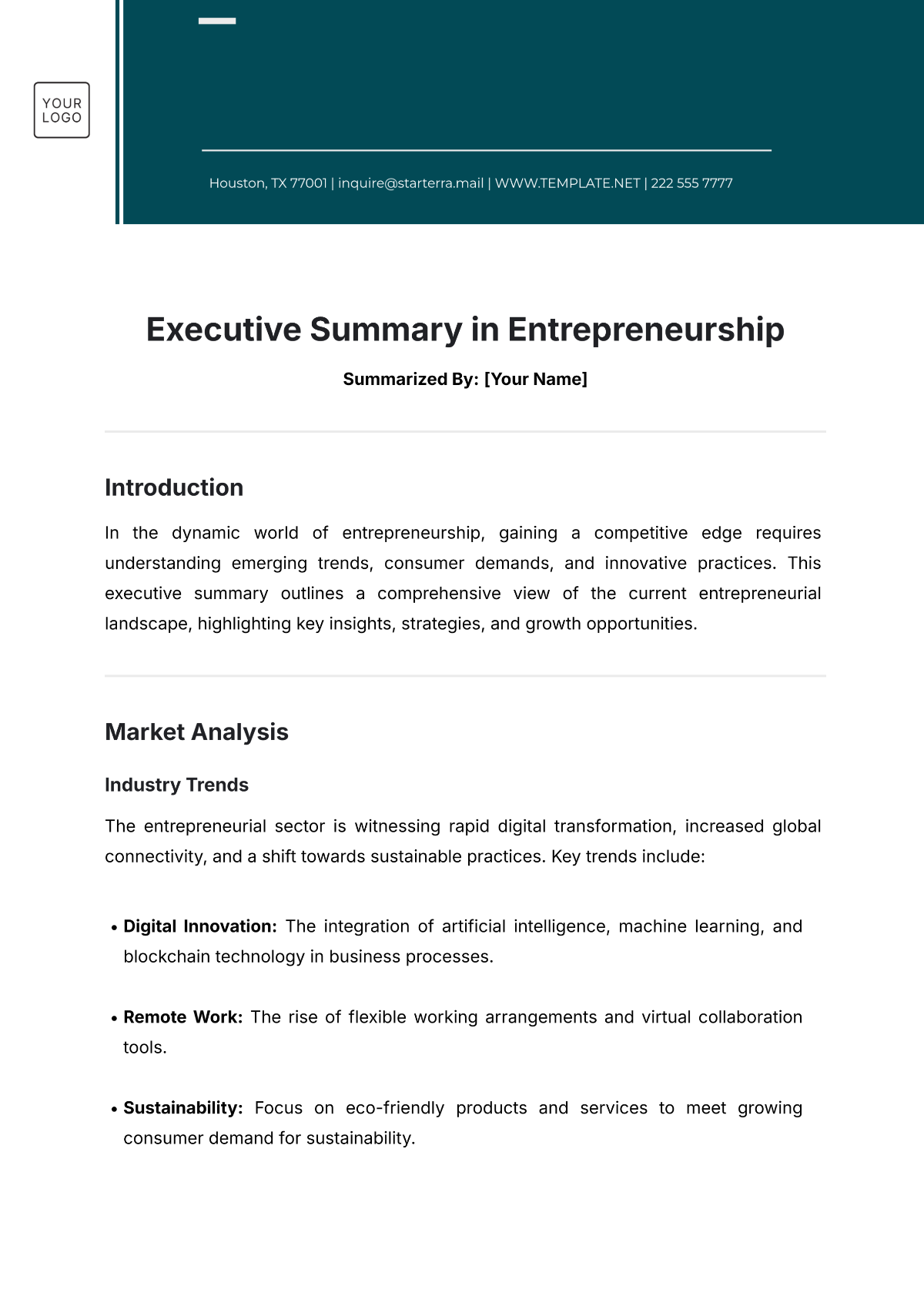Gist Summary
Overview
This Gist Summary outlines the fundamental principles of environmental science, crafted for [STUDENTS]. It aims to distill the discipline's core concepts, blending physical, biological, and informational sciences to address environmental issues and propose sustainable solutions.
Key Principles
Interdependence: Highlights how life forms on Earth, including humans, are interconnected. This principle underscores the ripple effects that changes in one part of an ecosystem can have on others, emphasizing the necessity of holistic environmental management.
Sustainability: Defines the critical balance needed to use natural resources in a manner that ensures their renewal and availability for future generations, balancing ecological health with human progress.
Stewardship: Advocates for the responsible care and management of the planet, stressing humanity's ethical obligation to preserve and protect the environment for the well-being of future generations.
People and the Environment: Examines the dynamic interplay between human activity and the natural world, focusing on the impacts of pollution, habitat destruction, and climate change, as well as the environment's influence on human societies.
Environmental Science in Action
Action Area | Description |
|---|---|
Conservation | Focused on protecting natural resources and biodiversity. |
Restoration | Aimed at returning ecosystems to their historical state. |
Sustainable Development | Seeks solutions that fulfill human needs while safeguarding the environment. |
Challenges and Solutions
Climate Change: Emphasizes the global need for emission reductions and adaptation strategies. Potential solutions include [SOLUTIONS], such as renewable energy implementation and conservation practices.
Biodiversity Loss: Addresses the decline in species diversity, with solutions like [SOLUTIONS], focusing on habitat conservation and restoration.
Pollution: Discusses contamination impacts and solutions [SOLUTIONS], targeting waste reduction and the adoption of cleaner technologies.
Conclusion
The principles of environmental science are crucial for understanding and addressing the planet's ecological challenges. By embracing concepts of interdependence, sustainability, stewardship, and the complex relationship between humans and the environment, [STUDENTS] are equipped to contribute towards a sustainable future. This summary encapsulates essential environmental science insights, fostering a foundational understanding for [STUDENTS] to actively engage in environmental conservation and sustainability efforts.
Summarized By: [YOUR NAME]






